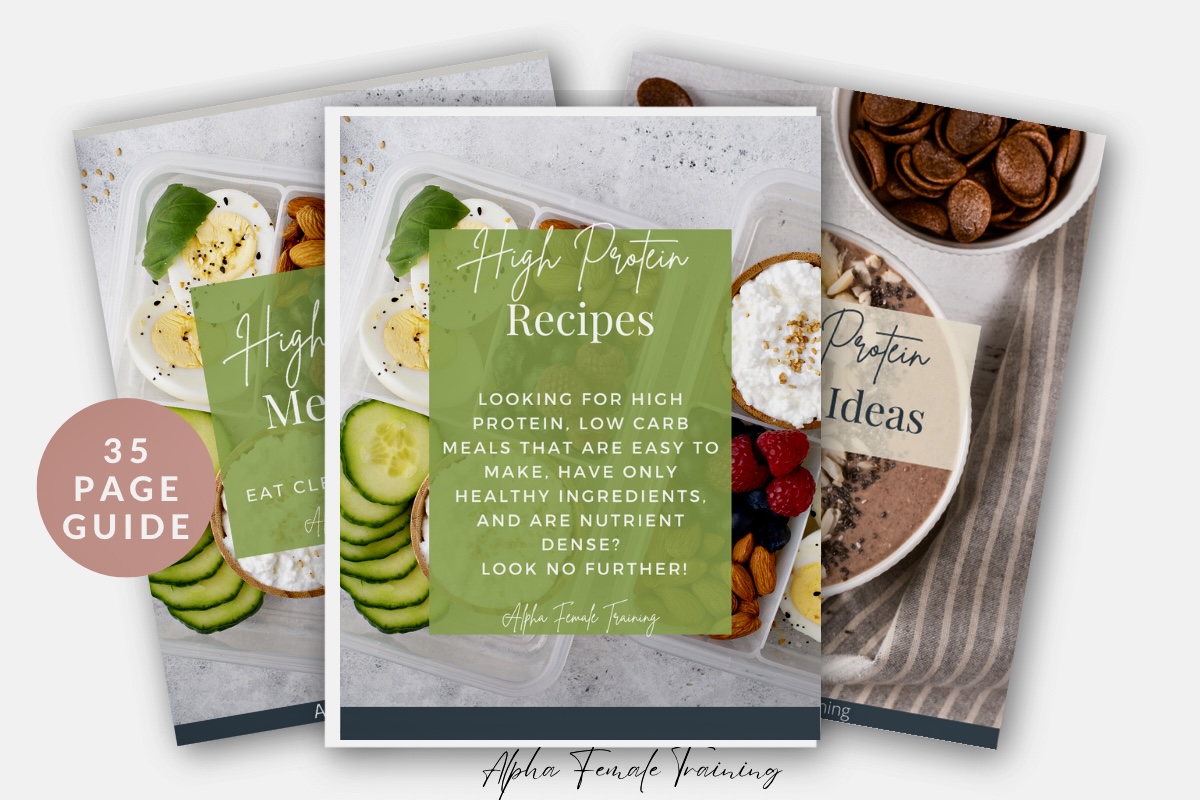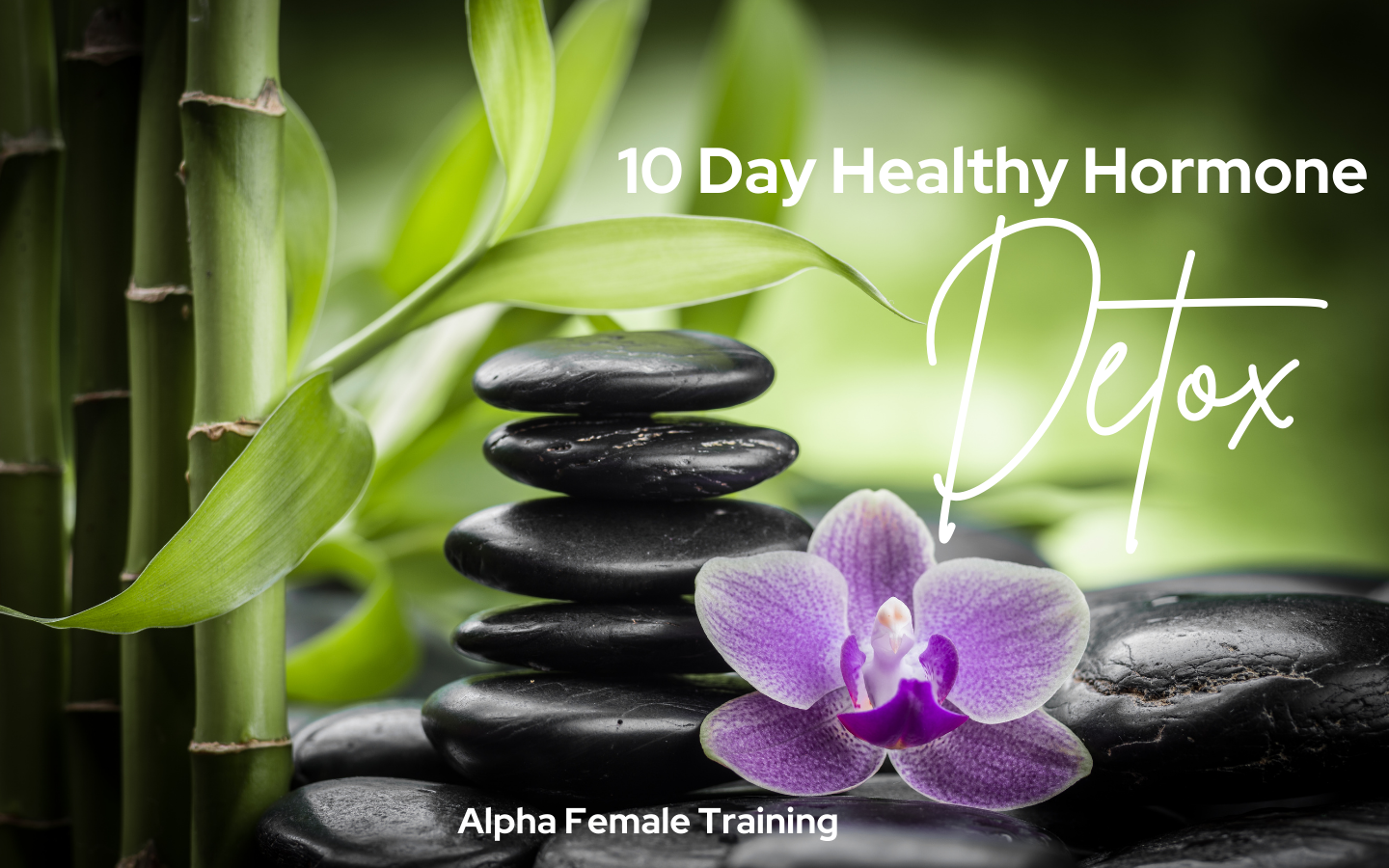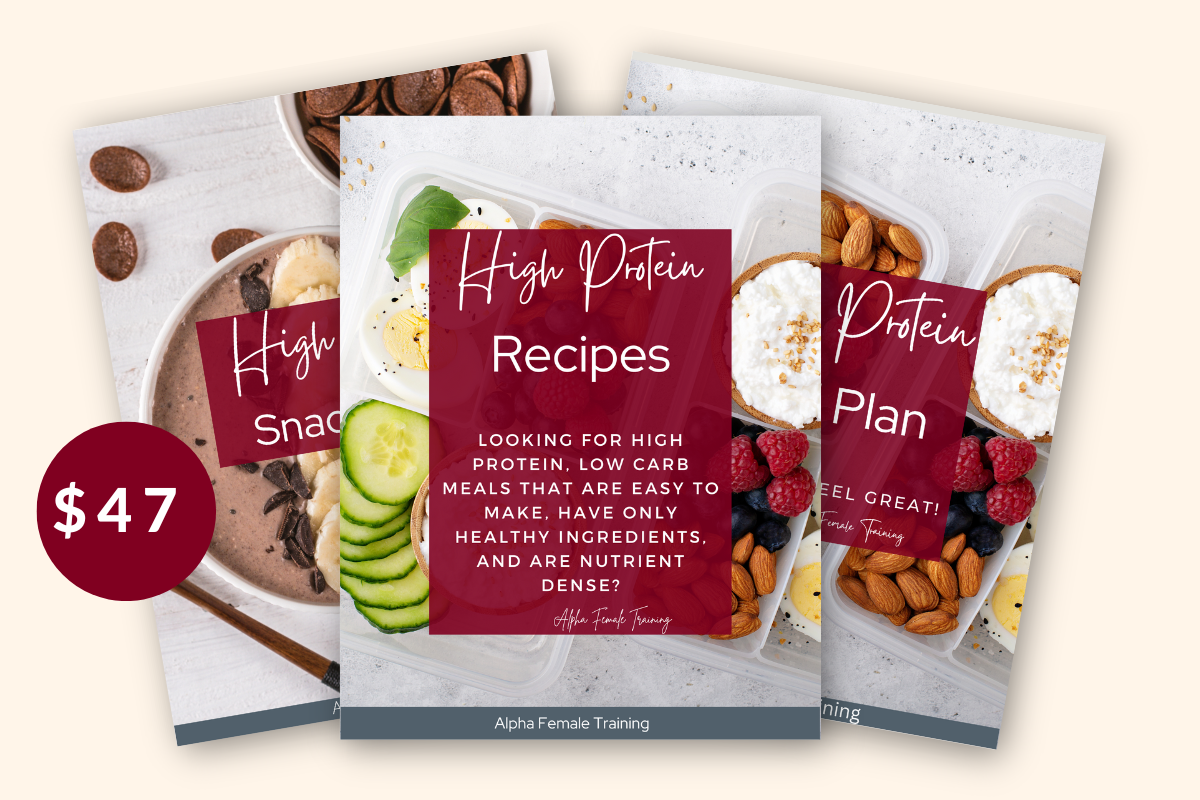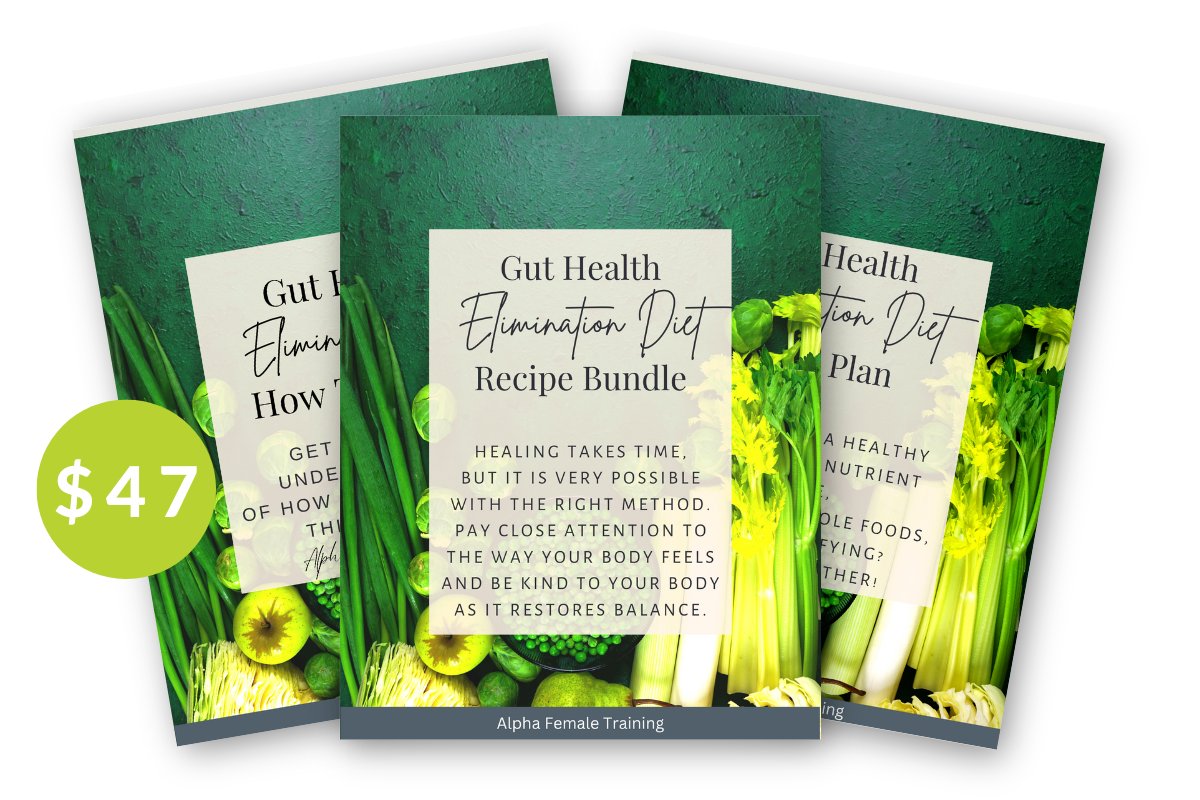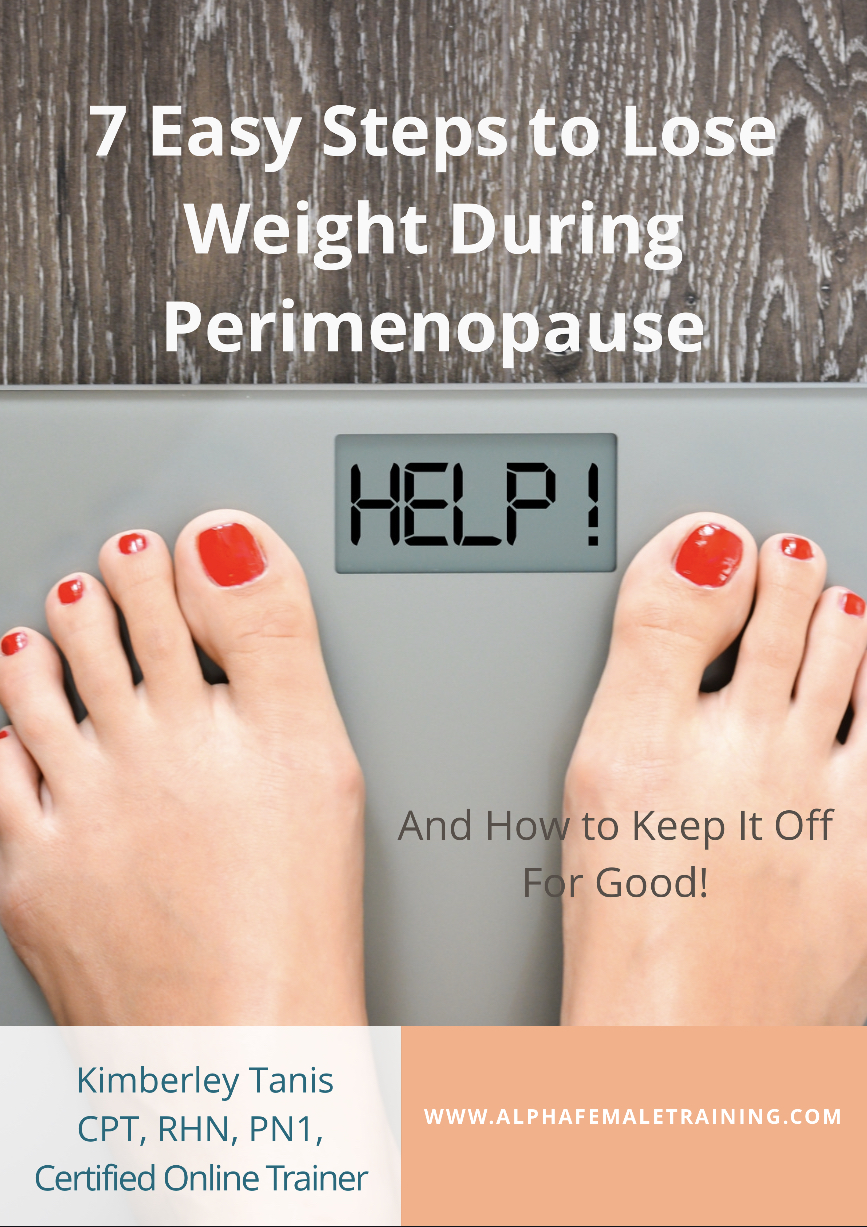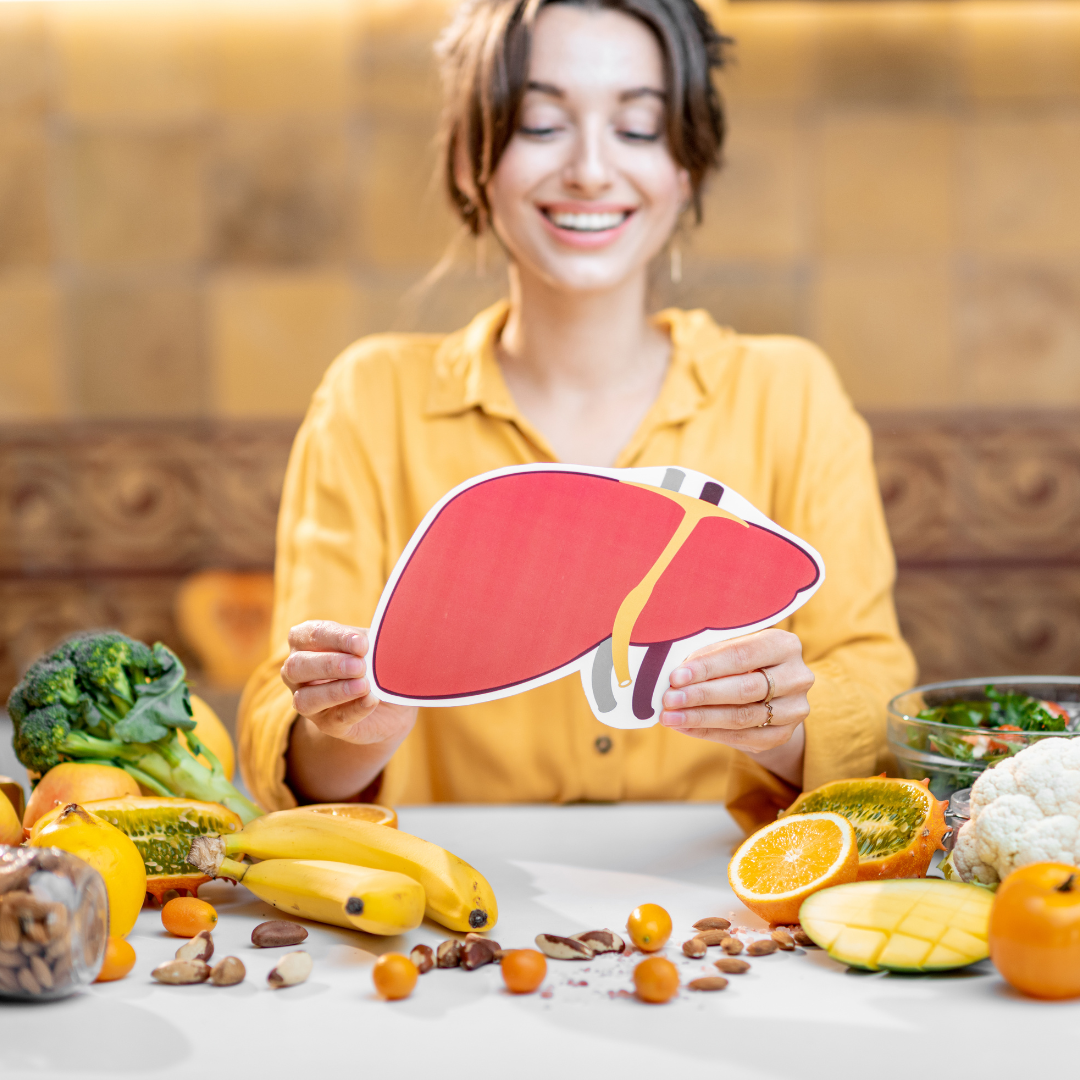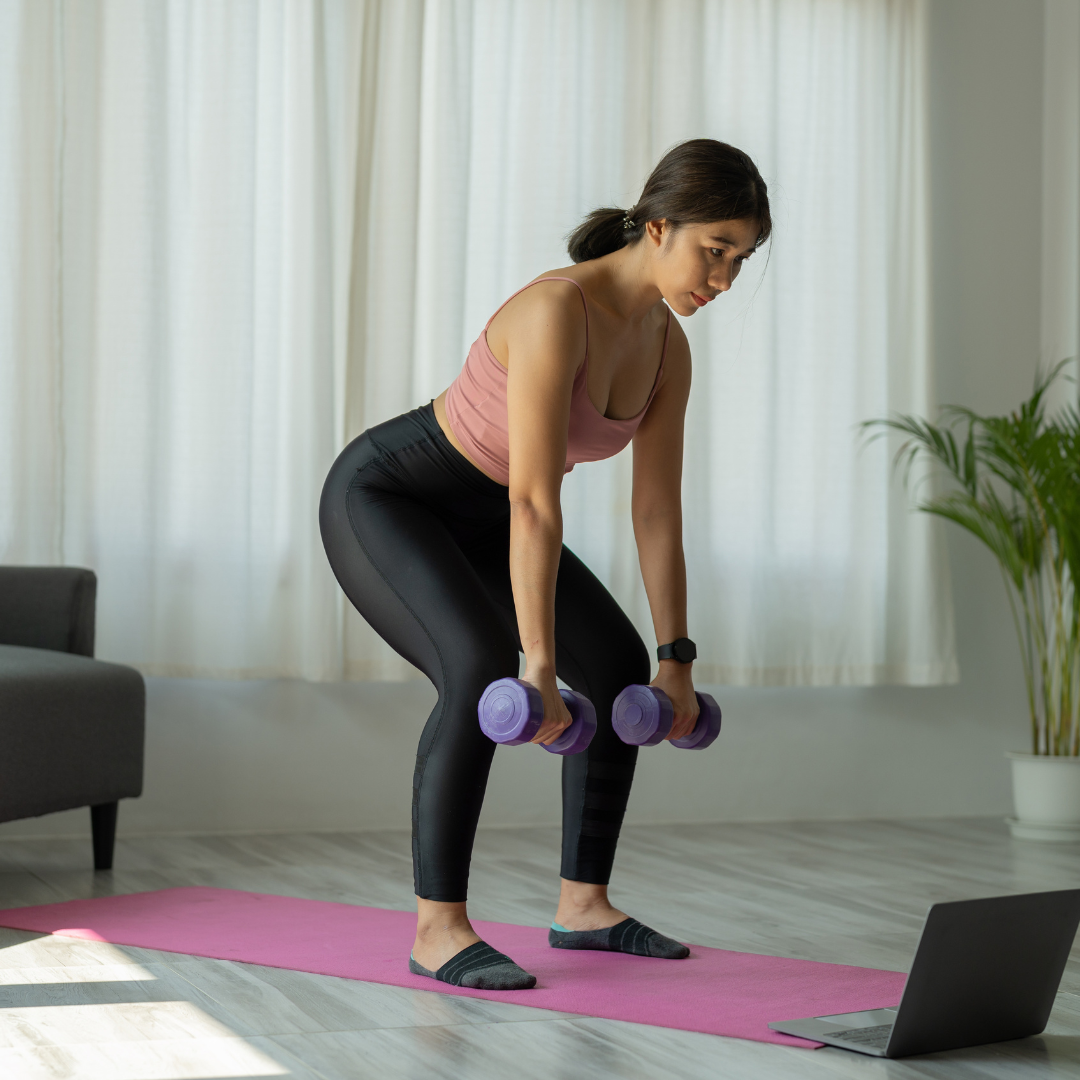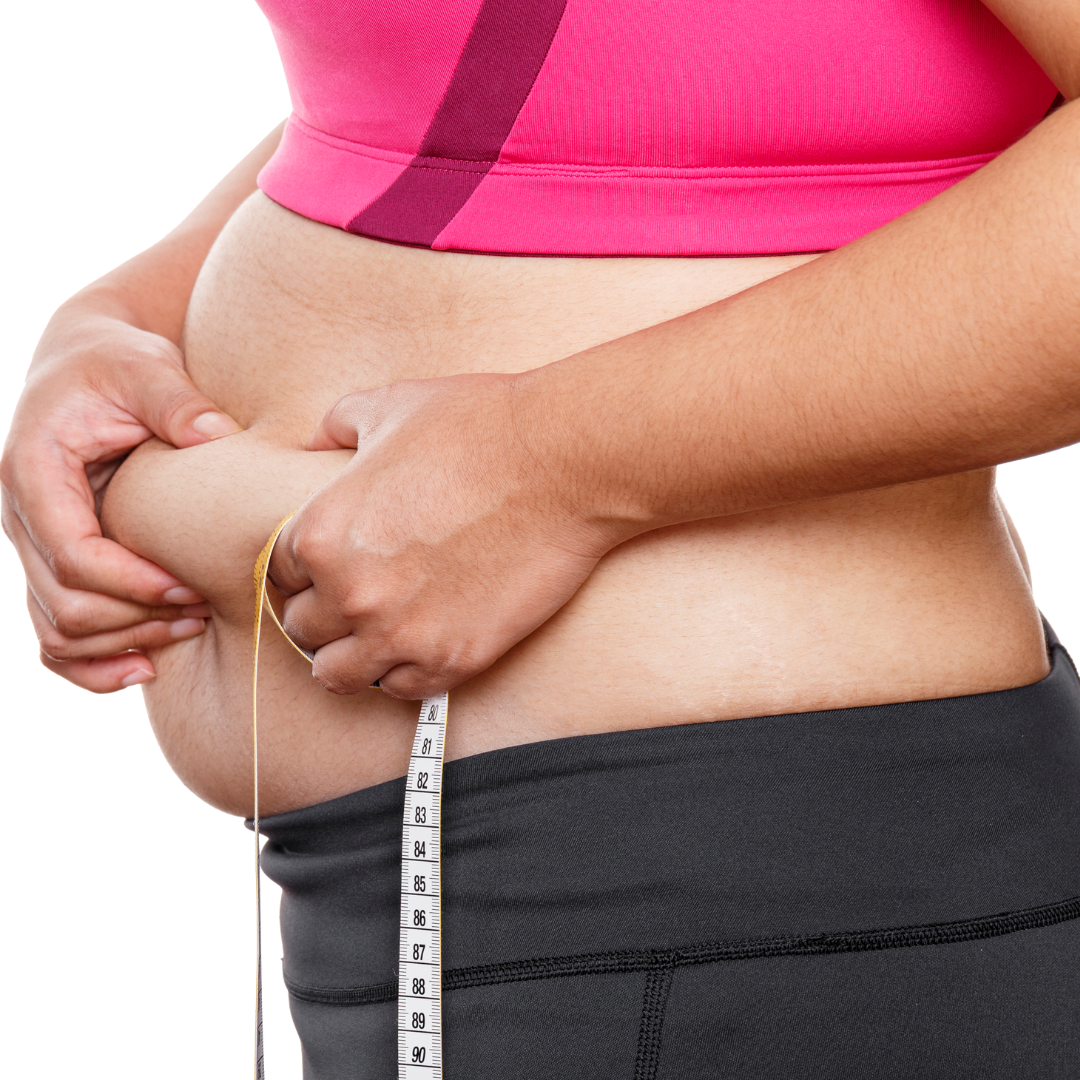How Much Protein Per Day Do You Need
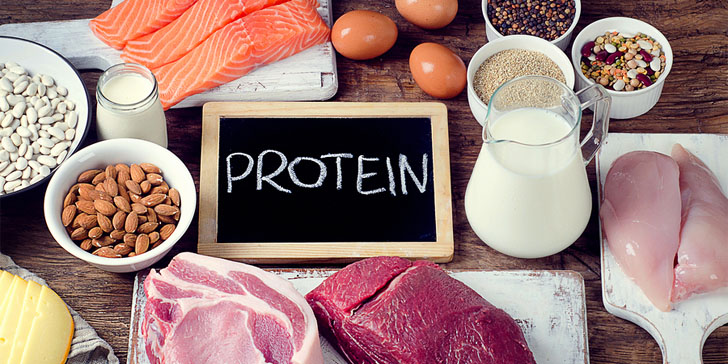
As a woman over 40, it's widely acknowledged by nutrition and health experts that protein plays a vital role in maintaining good health. But the question is, how much protein per day should you consume?
This nutrient is critical for the proper functioning of muscles, bones, organs, hormones, enzymes, fat loss, your immune system and more.
Although there are general recommendations, they may not be applicable to everyone. In fact, there are three specific groups of people who require higher protein intake than the standard recommendations.
In this article, we'll delve into basic protein recommendations ( and my personal recommendations after 20 years in the health and fitness industry) and explore the protein content of commonly eaten foods. Additionally, I'll share a delicious dinner recipe with you to try tonight.
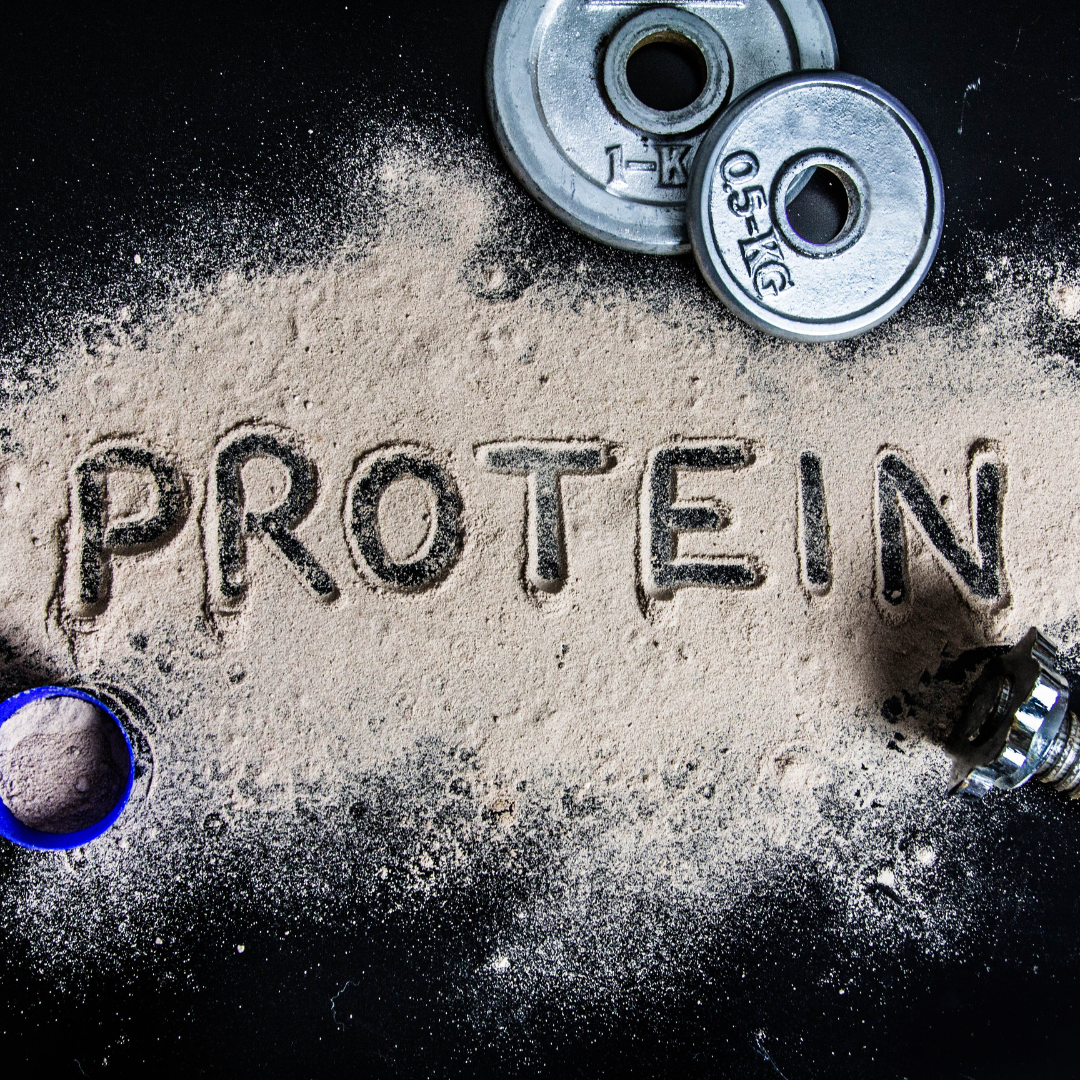
Protein - How Much Protein Per Day is Enough?
Protein is an essential nutrient that goes far beyond just improving skin, hair, and nails - it's critical for overall health. Without protein, the body would struggle to repair damage, digest food, fight infections, build muscle and bone, create hormones, and even support cognitive function and mood.
Additionally, higher protein diets have been linked to fighting high blood pressure, diabetes, and osteoporosis, as well as providing benefits for metabolism, satiety (feeling satisfied), and fat loss and weight management.
Protein is KEY for changing your body composition and for maintaining muscle and helping with fat loss.
While the importance of protein is clear, it's important to consider some individual factors when determining how much protein we need. In this article, I'll walk through these calculations and provide a breakdown of protein content in commonly consumed foods.
What the science says...
There is no one-size-fits-all rule when it comes to determining how much protein you need. Several factors should be considered to make an accurate calculation.
The absolute minimum recommended protein intake for how much protein per day is 0.8 g/kg (0.36 g/lb) per day. For example, a healthy non-athlete adult weighing 68 kg (150 lbs) requires roughly 55 g protein per day to prevent protein deficiency. However, this amount is insufficient for optimal repair, digestion, immune function, muscle/bone building, hormones, cognitive function, and mood enhancement. It is also inadequate for athletes, seniors, and those recovering from an injury. For these groups, increasing protein intake to around 1.3 g/kg (0.8 g/lb - 1g) per day is recommended.
Athletes require far more protein for their energy and muscle mass needs, seniors need more to help prevent muscle and bone loss common in old age, and injured and sick individuals need more protein for recovery and healing.
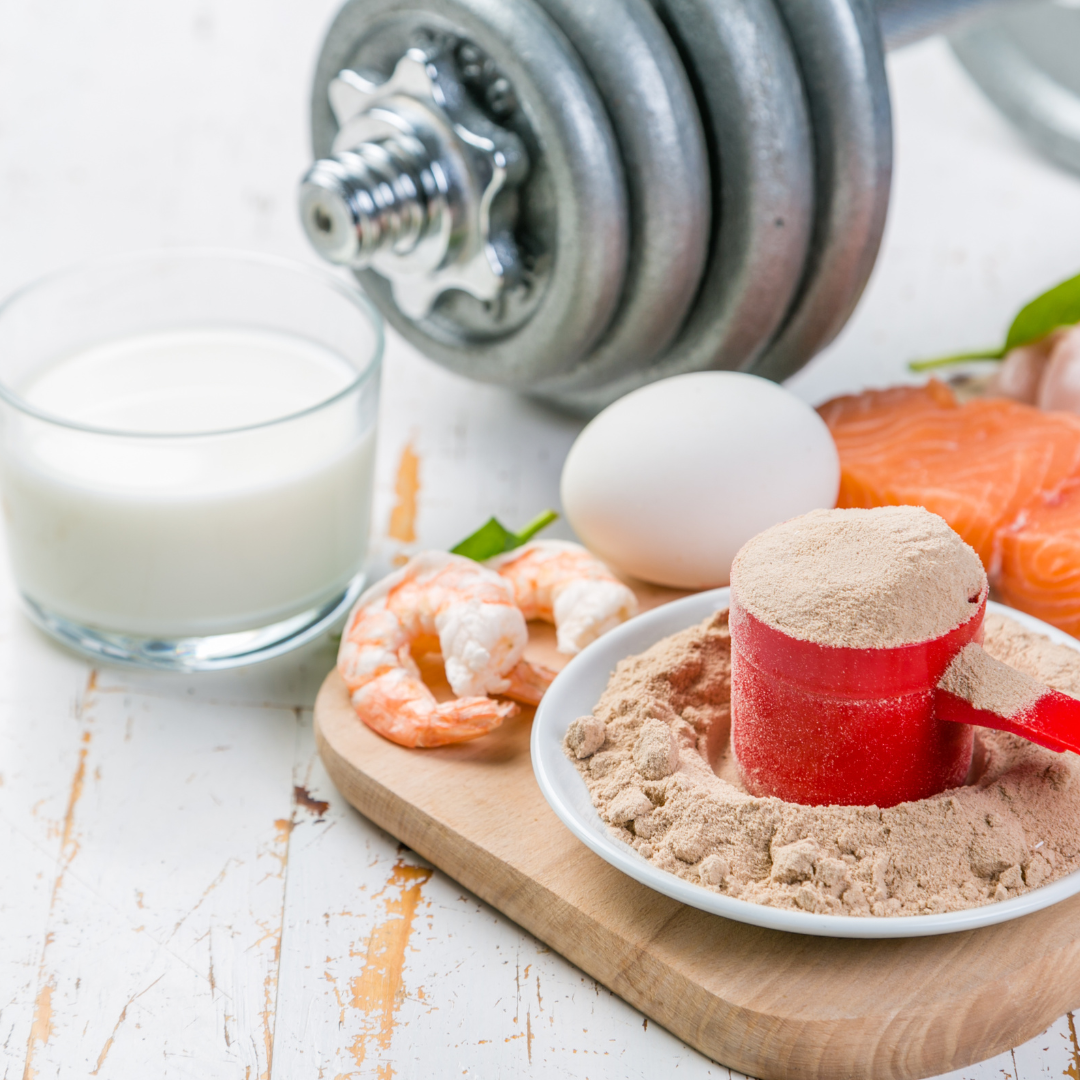
What you can learn from bodybuilders and the fitness industry (and what works best in my opinion!)
Natural bodybuilders and fitness competitors have fat loss and muscle down to a science. What I've seen work best over the years with myself and my hundreds of clients is a very simple calculation for how much protein per day they need.
Take your IDEAL bodyweight and multiply it by 1. So if you would like to weigh 135lbs then you are looking at 135 grams of protein per day. This is your starting point. If all you did for the next month was aim at getting your required protein in, you would likely start to see changes in your body and energy levels.
- protein is more filling so you'll eat less overall
-protein keeps your blood sugar stable so you'll crave less junk foods
-focusing on hitting your protein target will keep you busy enough until you nail it which will in turn stop you for reaching for less healthy choices.
Once you are consistently hitting your protein target then you can start to play around with your macros to fine tune the changes that you want to happen in your body.
Many women over 40 have an incredibly hard time getting adequate protein in their diets never mind enough to create a true change in their body. Protein is necessary for fat loss and becomes far more important as we get older.
Most women do best when they add a high quality protein supplement to their daily diet. You need protein to build muscle and you need muscle to see and feel changes in your body.
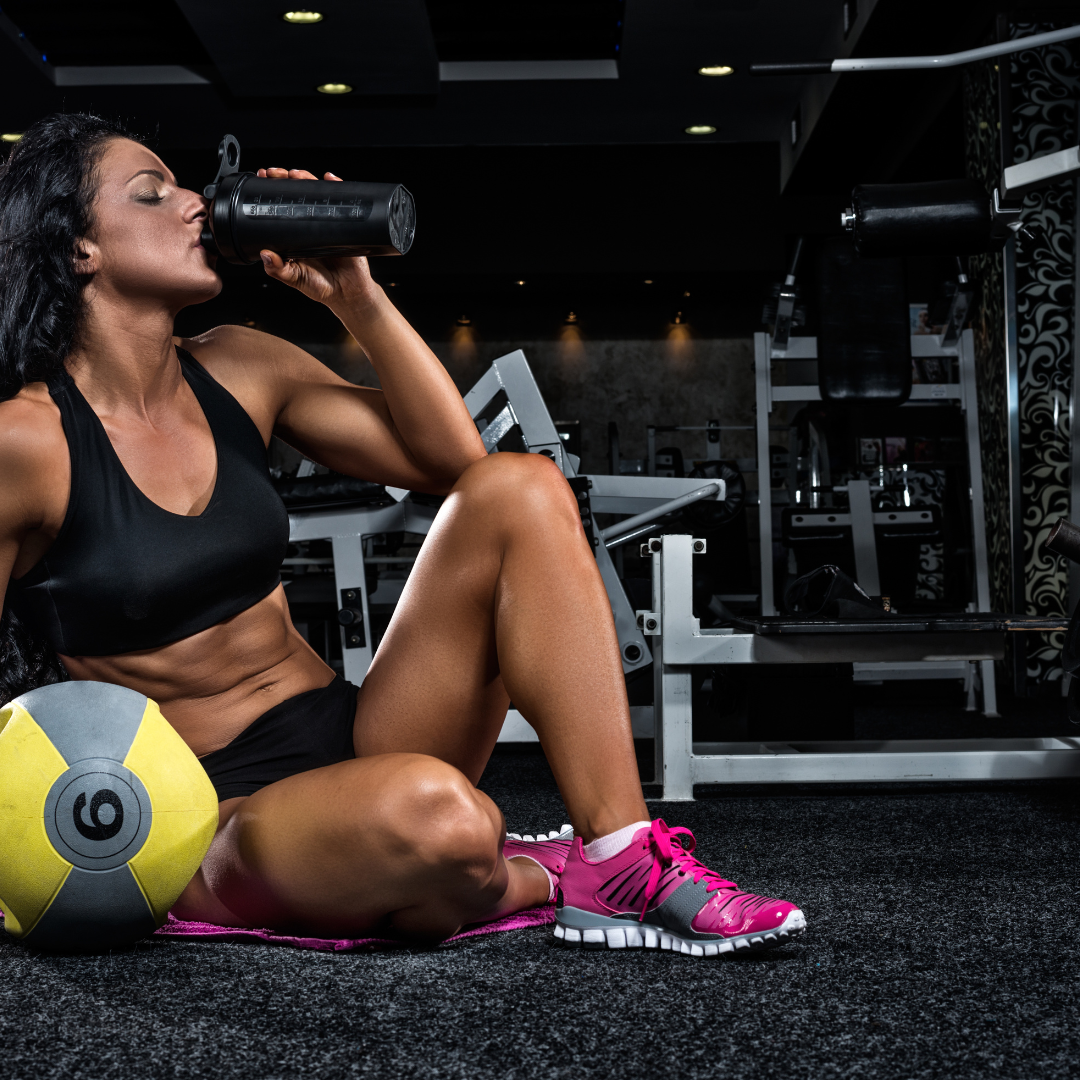
How much protein is too much?
Well...Just like consuming excessive amounts of fat or carbohydrates, consuming too much protein can lead to weight gain. Excess protein can be converted into sugar or fat within the body. However, protein differs from carbohydrates and fat due to its "thermic effect." The thermic effect refers to the amount of energy required to digest, absorb, transport, and store a nutrient. Digesting protein requires more energy, thus burning more calories than digesting fats or carbohydrates.
HOWEVER - almost no one ever overeats protein!
Concerned about high protein intake negatively impacting healthy kidneys? Fear not. If your kidneys are functioning properly, they can efficiently filter out excess amino acids from the blood. The only time high protein intake may cause an issue is in individuals with pre-existing kidney problems.
Here's a fun fact: Plant-based proteins are especially safe for maintaining healthy kidney function.
How much protein is in food?
● A 3.5 oz chicken breast has 31 g protein.
● A 3.5 oz can of salmon has 20 g protein.
● ½ cup cooked beans contain 6-9 g protein.
● A large egg contains 6 g protein.
● ¼ cup nuts contains 4-7 g protein.
● 1 medium baked potato contains 3 g protein.
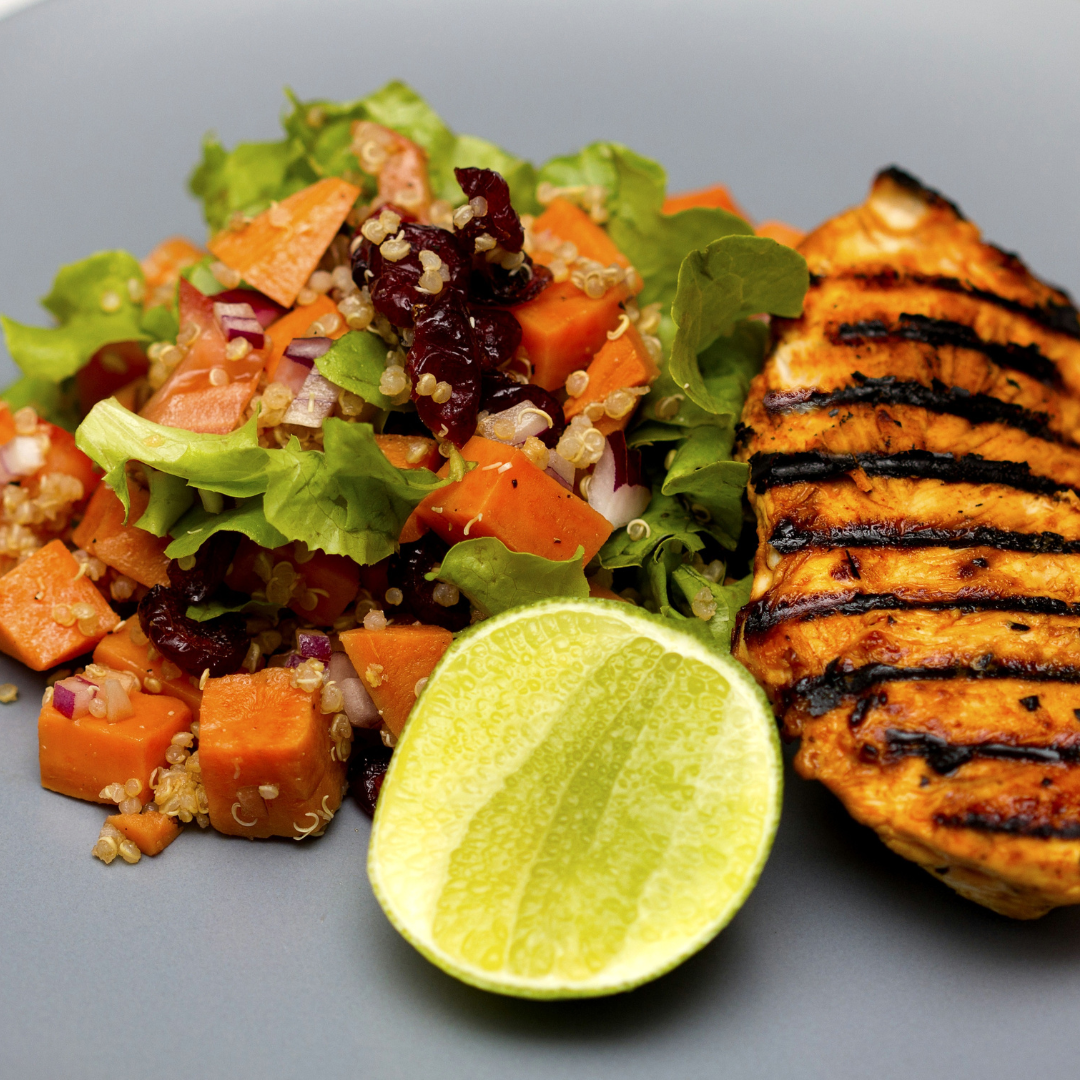
Recipe
(high-protein): Baked Chicken Breasts
Serves 4
4 boneless skinless chicken breasts
1 tbsp olive oil
1 tsp salt
½ tsp black pepper
½ tsp garlic powder
½ tsp paprika
Instructions Preheat oven to 450°F. Place a layer of parchment paper on a baking dish.
Place the chicken breasts in the prepared dish. Brush on both sides with olive oil.
In a small bowl, mix spices until combined. Sprinkle the spice mixture evenly over the chicken on both sides.
Bake for 15-20
minutes, or until the chicken is
cooked through to at least 165°F at the thickest part.
Serve & enjoy!
Tip: Serve with lots of veggies.
References:
http://www.precisionnutrition.com/all-about-protein
